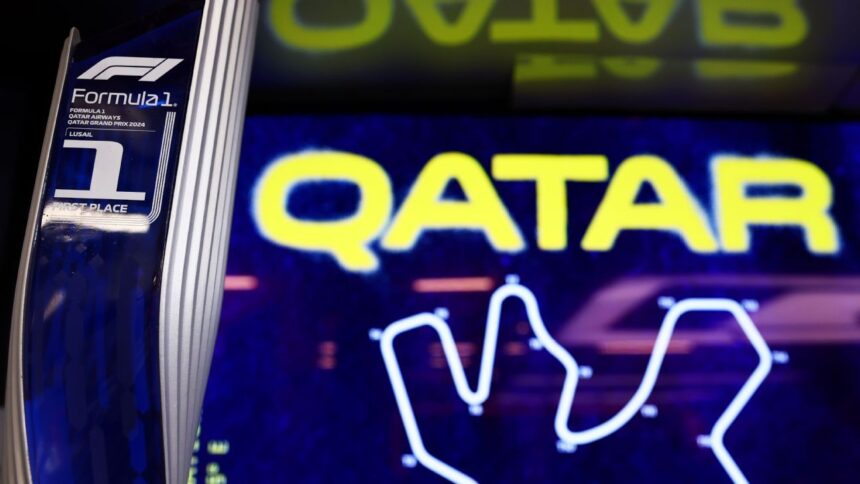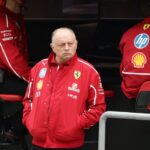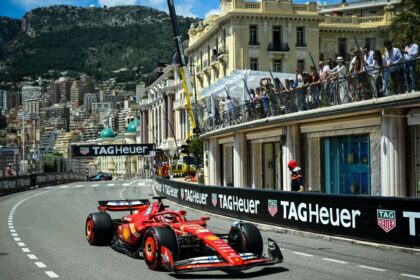Formula 1 Prepares Contingency Plan for Possible Conflicts in the Middle East
Formula 1 CEO Stefano Domenicali revealed that a plan is being worked on to ensure the continuity of the races, even if the final tests in Qatar and Abu Dhabi were affected by possible conflicts in the Middle East. Domenicali emphasized that, for the moment, there is no concern suggesting the cancellation of the events. Qatar is scheduled to host the penultimate race of the championship on November 30, followed by the Abu Dhabi Grand Prix at Yas Marina on December 7, which in the past has been decisive for the title. The geopolitical situation in the region has generated uncertainty, especially after the launch of missiles by Iran towards a US air base in Qatar, in response to the participation of the United States in Israel’s aerial war against Iran last month. In addition, air services in the Middle East have been disrupted, with some countries temporarily closing their airspace. Domenicali assured that Formula 1 maintains daily contact with the promoters in the Middle East, who remain calm, and that the situation is being closely monitored.The Qatar and Abu Dhabi races are part of a triple consecutive event that begins in Las Vegas on November 22. The single-seaters will be transported directly to the Middle East after the race in Las Vegas. In case it is necessary, options are being considered to relocate the races. Although the climatic conditions in December could make it difficult to organize replacement races in some European circuits, alternatives with warmer climates are being evaluated, such as the Algarve circuit in Portugal, which was already used during the COVID-19 pandemic. Domenicali suggested that a single circuit could host both replacement races if necessary. “We definitely can’t go to places where there is snow,” he added. The CEO of Formula 1 concluded by stating that there is no concern that the situation will affect the championship. Formula 1 already raced in Saudi Arabia in 2022 despite attacks launched by Yemen’s Houthis against an oil facility near the Jeddah street circuit. Domenicali pointed out that Formula 1 was present at that moment because it was sure of the safety guarantees, but acknowledged that situations can change rapidly. “We just need to always be prepared and monitor the situation,” he concluded.“So far, we don’t have this type of signal and, therefore, we really hope not to. I don’t even want to think about it, mainly because of the bigger picture and not because of the races themselves… and, of course, in case it happens, we have a plan,” said Domenicali.
Stefano Domenicali, CEO of Formula 1










